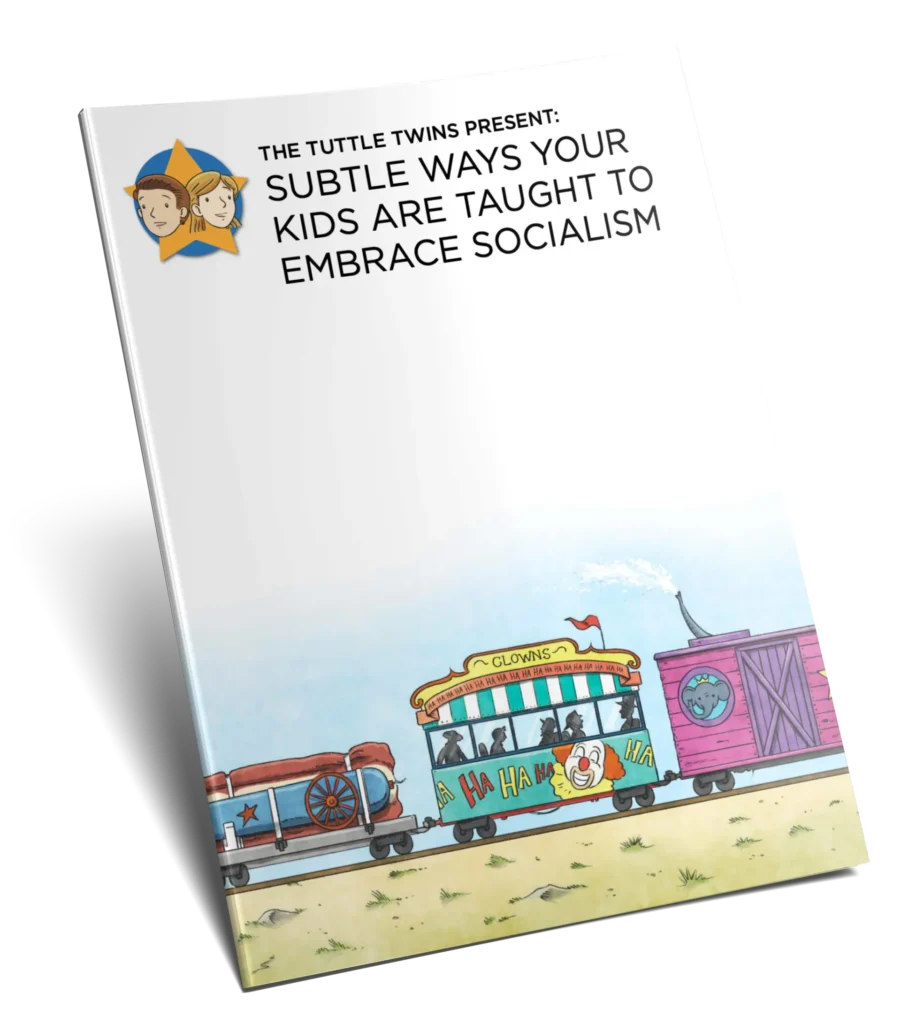Well, today is the day.
After passing the House last week, the Senate is set to take up the President’s massive budget overhaul: The One Big Beautiful Bill.
Honestly, could there be anything more Trumpian? Geez. If there’s one thing the guy can do, it's troll.
Poor Elon.
“Thanks for all your work. Sorry about your firebombed companies and reputation, but we’re gonna go ahead and raise the debt ceiling and add a few trillion to the deficit.”
The One Big Beautiful Bill.
Ha.
If only the beauty were more than skin deep.

At first glance, this bill looks like a glittering package of tax relief for the little guy: permanent extensions of the 2017 tax cuts, no taxes on tips and overtime, and a higher SALT deduction cap. For working families, those are real benefits. But scratch the surface, and you’ll find the same old Washington disease lurking underneath—reckless spending, bloated government programs, and a complete disregard for the debt we are passing on to our children.
To be clear: this is not a DOGE-inspired cost-cutting bill. It’s a spending bill.
Even though it does trim some social programs like Medicaid and SNAP through stricter eligibility, the Congressional Budget Office estimates the bill will add up to $5 trillion to the national debt over the next decade.
The worst part is that this isn’t just numbers on a spreadsheet. It’s a direct hit on your family’s future purchasing power, your kids’ opportunities, and the stability of the entire economy for a very long time.
Thomas Massie nailed it last week when he pointed out the insanity of how we pass these bills:
“Major provisions of the big beautiful bill are still being negotiated and written, yet we are being told we will vote on it today.”
And he’s right. For years, massive spending bills have been bundled into omnibus packages with thousands of pages, no time to read, and no line-item veto to cut the junk.
Turns out, Republicans only hate omnibus when the other guys are doing it.
Massie reminds us that if House leadership would simply pass separate bills, the president could veto individual pieces of bad legislation, keep the good, and avoid a government shutdown—all while actually trimming the fat.
Imagine.

That kind of structural reform would actually matter. Because as long as Congress keeps tying everything together—the good, the bad, and the ugly—we’ll never get out of the cycle of spending our way into oblivion.
This is exactly the type of thing we try to teach kids about in our Tuttle Twins books.
In The Tuttle Twins and the Creature from Jekyll Island, kids learn how governments manipulate money, inflate currency, and rack up debt, all while selling it to the public as if they’re doing us a favor. In The Tuttle Twins and the Leviathan Crisis we talk about how government has always used so-called crises to ratchet up their powers and control. Then, when the “danger” has passed, they never relinquish the power they grabbed.
Basically, we’re pulling back the curtain and showing how these systems of manipulation and control really work so that kids can grow up prepared—not fooled.
Flashy tax cuts don’t mean much if they’re papered over with mountains of debt because every dollar borrowed today is a dollar stolen from tomorrow. It’s money stolen from our kids before they’ve even had a chance to start life.
That’s not just bad economics—it’s bad morals. It’s bad stewardship. And it’s wrong.
So as the Senate debates this so-called “beautiful” bill, let’s remember: true beauty in government isn’t found in big promises, clever branding, or liking your team so much that you’re happy to kick the debt-can down the road for your kids and grandkids to deal with.
It’s found in restraint, responsibility, and respect for the people footing the bill—the taxpayers.
Let’s raise a generation that knows better.
— Connor


